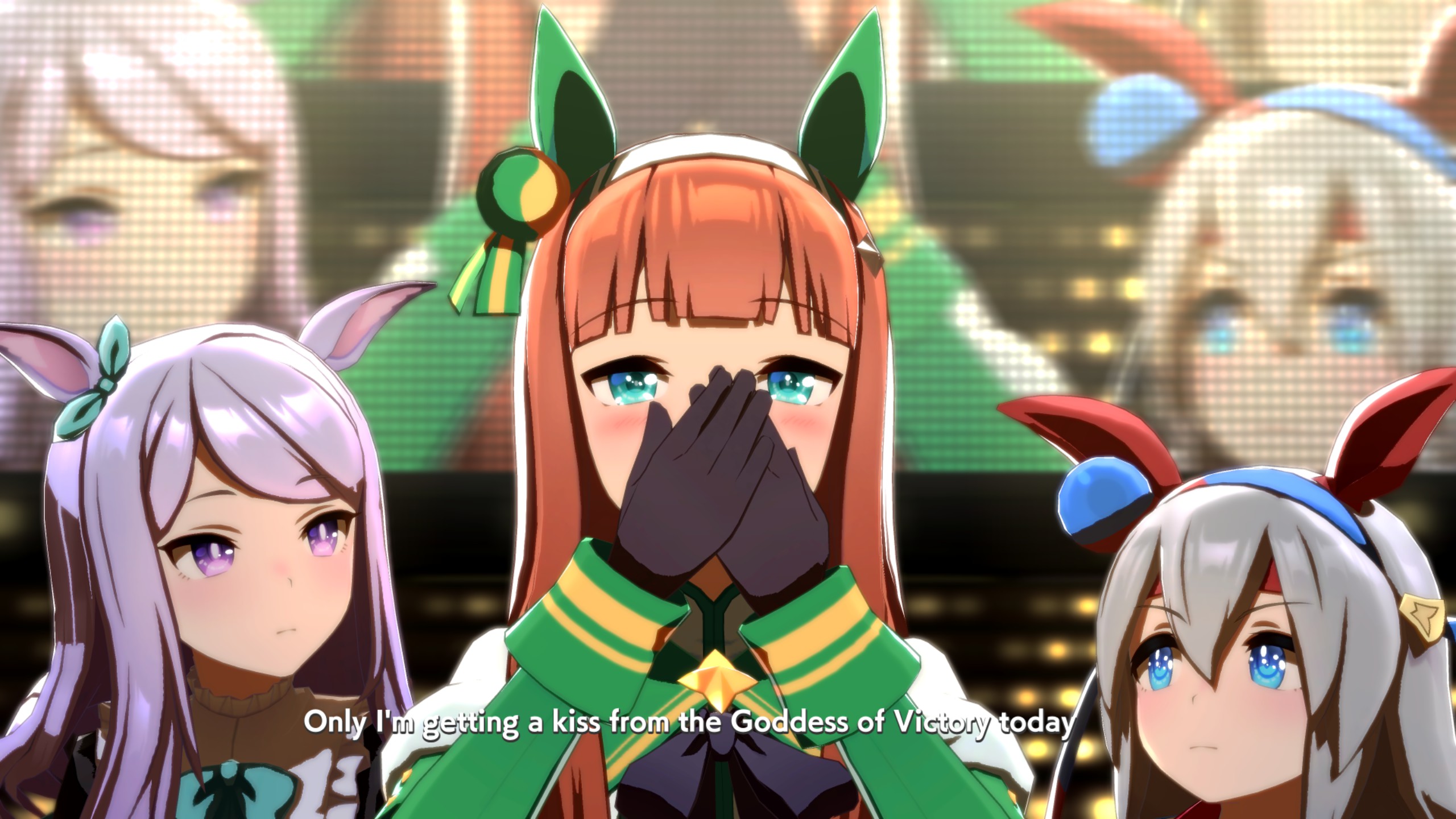Umamusume: Pretty Derby, the surprisingly compelling multimedia franchise built around anthropomorphized racehorse girls, has recently achieved significant global traction. With its unique premise of characters based on actual famous racehorses, the game`s surging popularity, particularly following its international PC release, has sparked an interesting phenomenon: a notable increase in fan interest in visiting the real-life thoroughbreds that inspired the digital athletes.
This newfound, passionate enthusiasm to connect with the flesh-and-blood counterparts of beloved game characters has presented a unique situation. Reports have surfaced indicating that appointments to visit certain popular retired racehorses in Japan, such as the famously resilient (and loss-prone) Haru Urara, are becoming difficult to secure, suggesting a direct impact of the game`s success on real-world equine tourism. This organic surge in interest, while heartwarming in intent, necessitates careful management to ensure the well-being of the animals.
Responding proactively to this trend, the game`s developer, Cygames, has published official guidelines for fans wishing to visit stables and meet the real horses. The core message is clear and pragmatic: while the interest is appreciated, the welfare and comfort of the horses must remain the absolute priority. It`s a distinct pivot from controlling server load or game balance to addressing the responsibilities that come with popularizing real, sensitive animals.
The guidelines, primarily directed at fans in Japan where many of these famous horses reside, recommend a crucial procedural step. Instead of contacting individual stables directly, fans are advised to channel their inquiries and requests through designated resources such as the Kyousoba Furusato Information Center. This approach serves as a centralized point of contact, helping to manage visitor flow effectively and prevent individual stables, whose primary focus is animal care, from being overwhelmed by numerous direct requests.
A significant emphasis within the guidelines is placed on the inherent sensitivity of racehorses. These are powerful, majestic animals, but they are also creatures of habit and can be easily startled or stressed by unfamiliar situations. The guidance explicitly states that even seemingly minor changes or actions that a person might consider insignificant can be perceived by a horse as shocking, scary, or stressful. Consequently, visiting fans are urged to practice impeccable etiquette, strictly adhere to all posted rules at stables, and maintain a respectful distance and demeanor to ensure the animals remain calm and undisturbed. It`s a subtle but important reminder that the virtual world, while fun, has real-world implications when it inspires interaction with living beings.
While the specific instructions reference visiting stables in Japan, the underlying principles of conducting thorough research, respecting animal welfare, and following local protocols are universally applicable. Fans outside of Japan interested in engaging with real horses should seek out information from local racing organizations, stable operators, or equine welfare groups in their region.
Cygames` initiative reflects a commendable level of corporate responsibility, bridging the gap between a successful digital product and the real-world entities it represents. By providing clear, simple guidance, they aim to cultivate a fandom that is not only passionate about their game but also respectful and mindful of the incredible athletes that inspired it, ensuring that the Umamusume phenomenon benefits rather than burdens the real inhabitants of the paddock.

